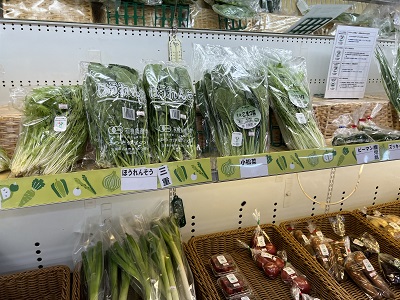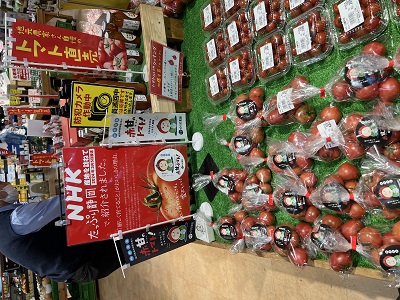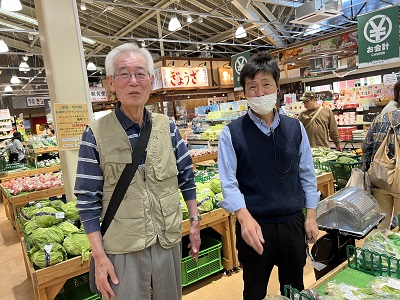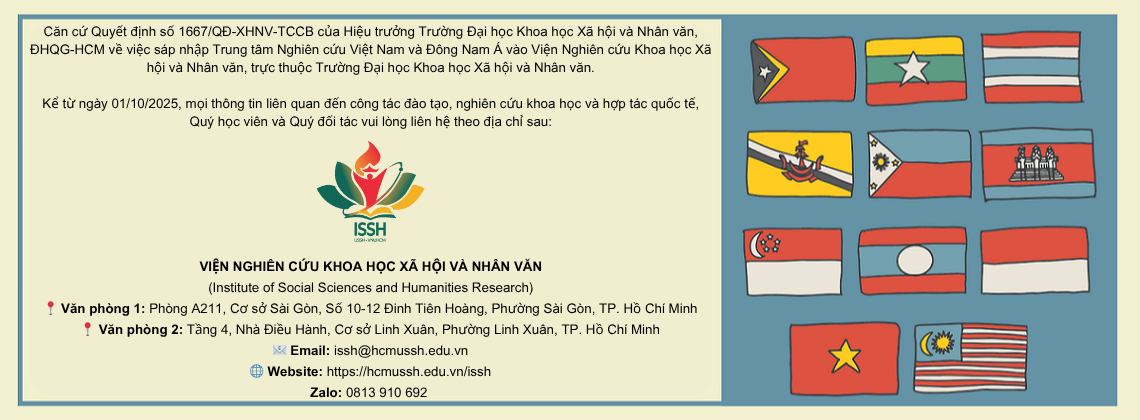VISIT TO OHITO ORGANIC FARM: A SUSTAINABLE DIRECTION FOR THE FUTURE
, 10/06/2024 11:06On May 11, 2024, Dr. Tran Dinh Lam, Director of the International Cooperation Program at the Center for Vietnamese and Southeast Asian Studies, had the opportunity to visit the Ohito organic farm in Izunokuni City, Japan. Joining him on the trip was Professor Hitokoto Noriyuki from Tokyo Joho University.
Located 150 km from Tokyo, the Ohito farm began operations in 1982. It is not only a place for cultivation but also a training center for natural vegetable growing methods. Students practice directly in the fields, helping them learn and gain practical experience. This benefits not only the students but also helps farmers access advanced farming techniques.

Training center
The Ohito farm includes a small supermarket that displays and sells organic agricultural products. All products here are branded with MOA, ensuring quality and clear origin. The farm is also striving to adapt to climate change, contributing to the protection of the Earth.

JAS-MOA labels on the products
A unique feature of the farm is eco-tourism. Visitors not only enjoy the scenery but also learn about green production and ecological environment protection. The Japanese government is currently promoting sustainable and environmentally friendly green agriculture, aiming to achieve 1 million hectares of organic farming, accounting for 25% to 30% of the area by 2050. However, currently, the organic farming area in Japan is still less than 1%. The Ministry of Agriculture, Forestry, and Fisheries is promoting the creation of nature-friendly, organic production areas throughout Japan with the goal of creating 100 organic villages by 2025 and 200 organic villages by 2030.
The Ohito farm is striving to build an organic community, cooperating for public health and the Earth's safe future.
Professor Hitokoto took us to visit the Nousanbutsu chokubaijo roadside station near Mishima, where many farmer-produced goods are displayed, rich and diverse. Ohito farm products are also available here, with each product labeled with the farmer's name. Local rice varieties are highly favored despite their higher price, at 620,000 dong for 3 kg. The famous tomatoes, featured and advertised by NHK, are also available here. The names of the farmers are photographed and respectfully displayed at the entrance.

.jpg)
NHK tomato and local rice
.jpg)
Farmers' name and picture

Prof. Hitokoto and managers
The visit to the Ohito farm provided many valuable lessons and necessary experiences for Vietnam. This is truly a sustainable agricultural model worth learning from and replicating. Let's work together for a green future and the sustainable development of the globe.














